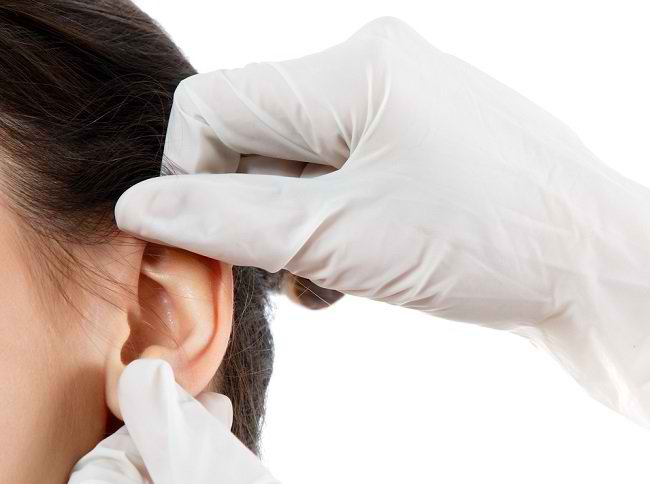Akathisia is a body movement disorder that makes the sufferer unable to stay still and continue to move without stopping. This condition needs to be treated because it can greatly interfere with the sufferer's activities. Let's identify the causes of akathisia and how to treat it.
Akathisia comes from the Greek word 'akathemi' which means 'never sit down'. Akathisia commonly occurs as a side effect of antipsychotic drugs used to treat mental health disorders, such as bipolar disorder, schizophrenia, and major depression.

Based on the course of the disease, akathisia is divided into 3 types, namely acute akathisia which lasts for less than 6 months, chronic akathisia which lasts more than 6 months, and tardive akathisia whose symptoms only appear several months or years after taking antipsychotic drugs.
Symptoms of Akathisia
People with akathisia usually feel restless, tense, and experience an uncontrollable urge to keep moving. Some of the movements that usually occur as a result of this akathisia include:
- Walk back and forth
- Swings arms and whole body, either standing or sitting
- Transferring body weight from one leg to the other when standing
- Dragging feet while walking
- Lifting your knees like you're marching
- Extending legs or swinging legs while sitting
Beware of the use of drugs that cause akathisia
Although not all users of antipsychotic drugs will develop akathisia, nearly 50% of people who take these drugs will experience this side effect, especially in the first few weeks after starting treatment.
In addition to antipsychotic drugs, akathisia can also be caused by several other types of drugs. However, most akathisia is caused by antipsychotic drugs. Some types of drugs that can also cause akathisia side effects are:
- Antipsychotic drugs, such as chlorpromazine, haloperidol, and clozapine
- Calcium antagonist blood pressure lowering drugs
- Antidepressant drugs, such as tricyclic antidepressants and selective serotonin reuptake inhibitors (SSRI)
- Nausea and vomiting relievers, such as prochloperazine
Until now, it is not clear why this side effect can occur. Some experts assume that these side effects occur because antipsychotic drugs block receptors in the brain that are sensitive to dopamine, which is a brain chemical that serves as a messenger to help control movement.
The risk of developing akathisia will increase if a person uses older generation antipsychotic drugs, such as haloperidol and chlorpromazine, at high doses. This condition is generally experienced by adults and the elderly.
In addition, there are also several medical conditions that are thought to increase the risk of developing akathisia, such as Parkinson's disease, encephalitis (inflammation of the brain), and brain injury.
Akathisia Medical Treatment
People with akathisia need to get medical help right away when they start showing symptoms. In most cases, your doctor will probably decrease the dose of the drug suspected of causing akathisia or replace the drug with another type of medication.
So far, there is no treatment to cure akathisia. However, there are several drugs that are considered to be able to relieve the symptoms of akathisia, including:
- sedative class benzodiazepines, for example lorazepam
- Beta-blocking drugs, such as propranolol
- Adrenergic blocking drugs, such as clonidine
- Anticholinergic drugs, such as trihexyphenidyl
- Antihistamines, such as promethazine
Some studies show that vitamin B6 can also relieve symptoms of akathisia. However, not all cases of akathisia can be treated with these drugs.
Although it seems mild and not life-threatening, akathisia should not be underestimated. If left untreated or untreated, akathisia is at risk of causing stress, behavioral disturbances, severe psychosis, and even suicidal ideation or acts of violence.
Therefore, if symptoms of akathisia appear after using certain drugs, immediately consult a doctor for treatment.









